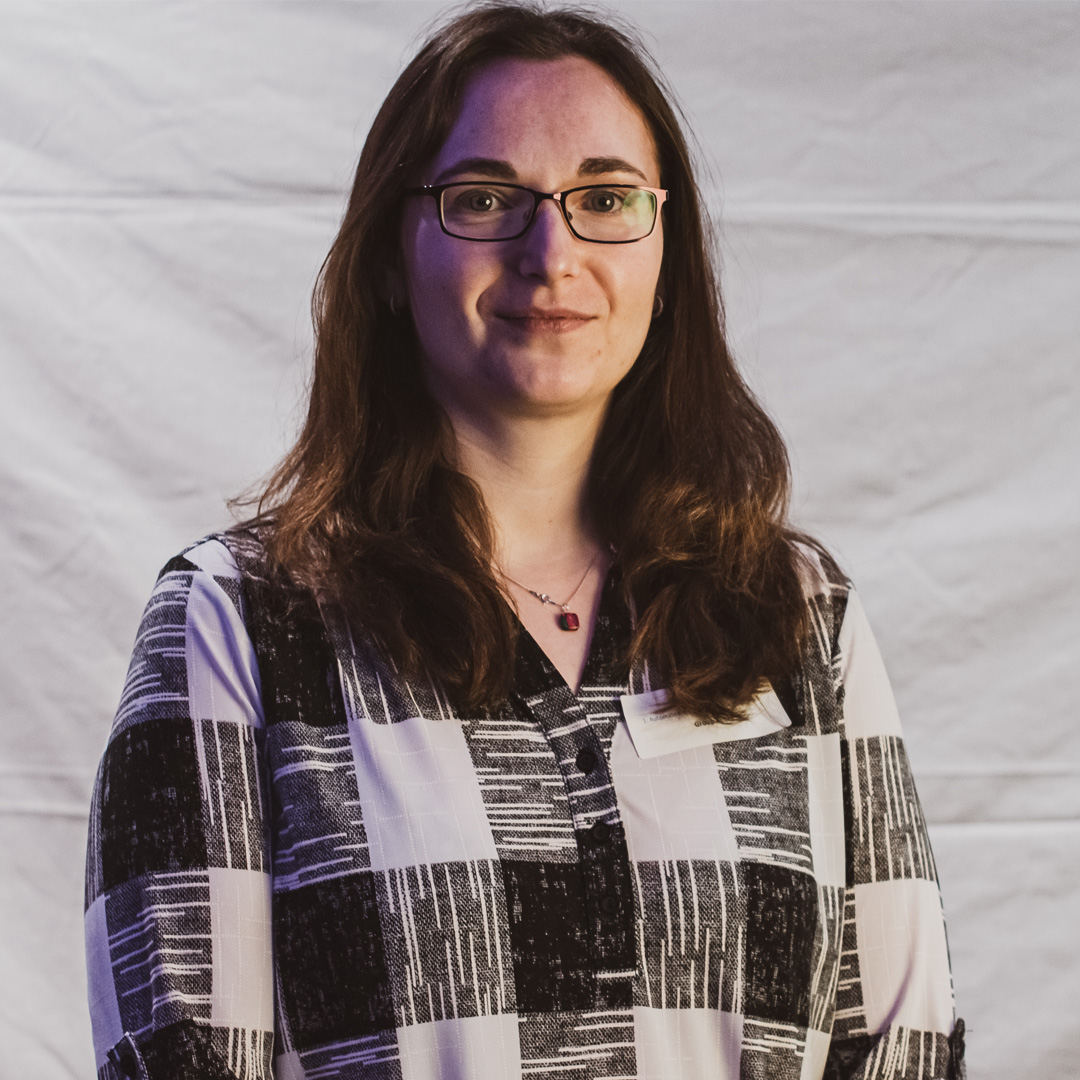My Topol fellowship problem / project:
Vestibular schwannomas (VS) are a type of small, non-cancerous brain tumour. While large numbers of patients with symptoms such as dizziness, tinnitus and unilateral hearing loss are screened for VS, only a small percentage (~1%) of those screened have one. This is a heavy burden on radiologists time. An automatic detection algorithm could support screening or diagnostic workflows and free up radiologists’ time.
My MSc project (part of the Scientist Training Programme) was an initial investigation into the development of such an algorithm, and demonstrated that AI algorithm, trained to classify MRI images, could differentiate between MRI image patches that contained a VS, and those that didn’t, with an accuracy of 87%.
The problem I would like to focus on with the Topol Digital Fellowship is how to take this project further. To ease the burden on radiologists time, and perhaps increase detection sensitivity, the algorithm needs to be incorporated into the screening workflow. In addition, I would like to work on demystifying the ‘black-box’ of a deep learning algorithm as this can help increase trust in the use of AI in clinical practice. I envisage the algorithm being used to support clinicians, by directly processing high-resolution scans for query VS and flagging up cases classed as positive, and cases with low certainty.
About me
I am a Computer Scientist in the department of Scientific Computing at The Royal Surrey NHS Foundation Trust. I completed the NHS Scientist Training Programme (STP) in Bioinformatics (Physical Sciences) in 2022 and have since been working on developing software to help medical imaging research and ultimately improve patient care.
Prior to working in the NHS I completed a Biomedical Engineering MSc and spent 2 years as a data analyst at Manchester University, where I used machine learning techniques to predict the correct treatment options for Lupus patients. I am particularly interested in understanding how AI can be implemented safely in a clinical environment, and am very keen to work on pushing research towards clinical implementation.

